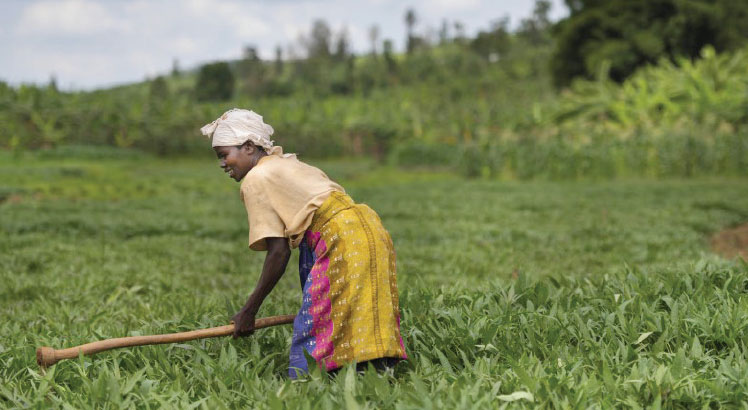Low credit to private sector, misplaced priority—Ecama
Economics Association of Malawi (Ecama) says the low credit extended to the agriculture and manufacturing sectors shows that the country is misplacing its priorities..
Ecama acting president Bertha Bangara-Chikadza said this yesterday in reaction to the continued drop in credit extend to the private sector.

In the Monetary Policy Report released on Friday, Reserve Bank of Malawi (RBM) data shows that private sector credit dropped 2.5 percentage points from 20.4 percent in the third quarter of 2023 to 20.4 percent in the fourth quarter of the same year.
The data further shows that that credit remains concentrated in four main sectors, namely community, social and personal services accounting for 34.7 percent, wholesale and retail trade taking up 16.2 percent, agriculture, forestry, fishing and hunting at 15.9 percent and manufacturing at 10.6 percent.
In an interview, Bangara-Chikadza urged the private sector to “reorder the credit concentration and increase investment in the agriculture and mining sectors which are the driving force in the country’s development trajectory and anchor the Malawi 2063.
She: “This should be followed by a reduction in non-performing loans unlike the community, social and personal services and wholesale and retail trade sectors which are the first two top recipients of credit, but are also top in non-performing loans.”
Private sector credit slumped 6.1 percentage points from 26.5 percent recorded at the end of 2022, according to available data.
The drop follows concerns from economic experts that excessive government borrowing from the domestic market is crowding out the private sector and that low investment in critical sectors such as agriculture and mining could undermine the country’s development aspirations.
The Malawi 2063, the country’s long-term development agenda, has set increasing agricultural productivity and commercialisation and industrialisation as the key pillars to anchor Malawi’s ambition of becoming a middle-income country by 2030.
Market analyst Bond Mtembezeka said the fluctuations are normal, but cautioned that local authorities should be concerned when the levels of private sector credit to key sectors drop.





